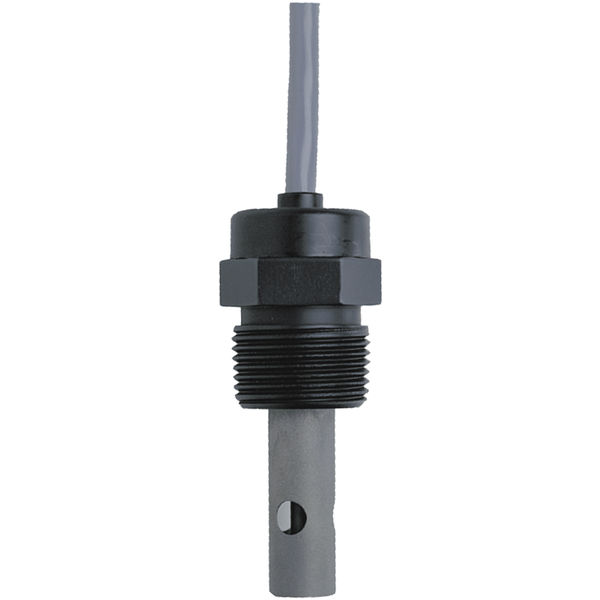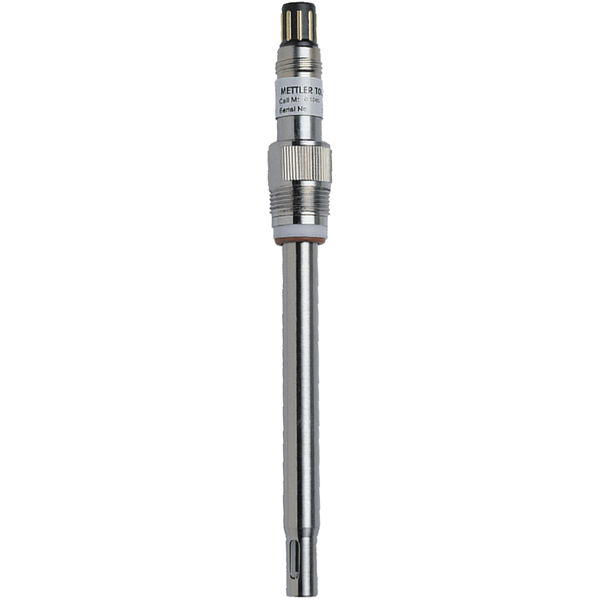Conductivity Sensor | Conductivity Probe
Conductivity Sensors for Process and Pure Water Measurement
A conductivity sensor measures the ability of a solution to conduct an electrical current. It is the presence of ions in a solution that allow the solution to be conductive: the greater the concentration of ions, the greater the conductivity. METTLER TOLEDO in-line conductivity probes are designed for pure water monitoring, chemical processing and pharmaceutical manufacturing processes. These conductivity sensors offer accurate, reliable measurement to ensure process control and compliance.
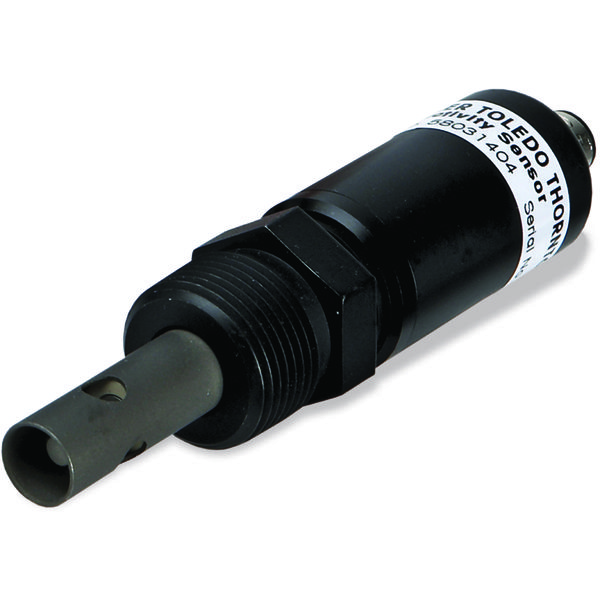
Cond Sensor UPW 3/4NPT 0.1C Ti 2
Cảm biến điện trở 2 điện cực UPW UniCond được xây dựng dựa trên sự hợp tác với các đối tác trong ngành giúp đảm bảo độ chính xác, ổn định và khả năng cách ly môi trường tốt nhất trong các ứng dụng nước siêu tinh khiết cho ngành công nghiệp bán dẫn.
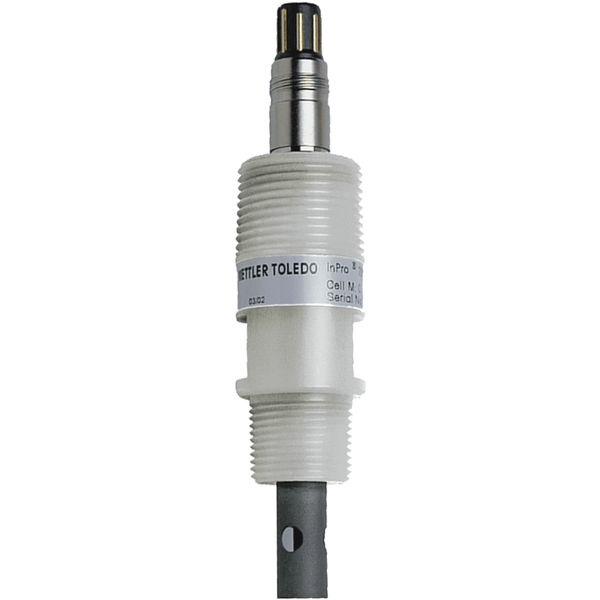
Cond Sensor InPro7000-VP
Cảm biến đo độ dẫn InPro 7000-VP có 2 cực được thiết kế để đo với độ chính xác cao trong môi trường nước có độ dẫn điện cực thấp đến trung bình.
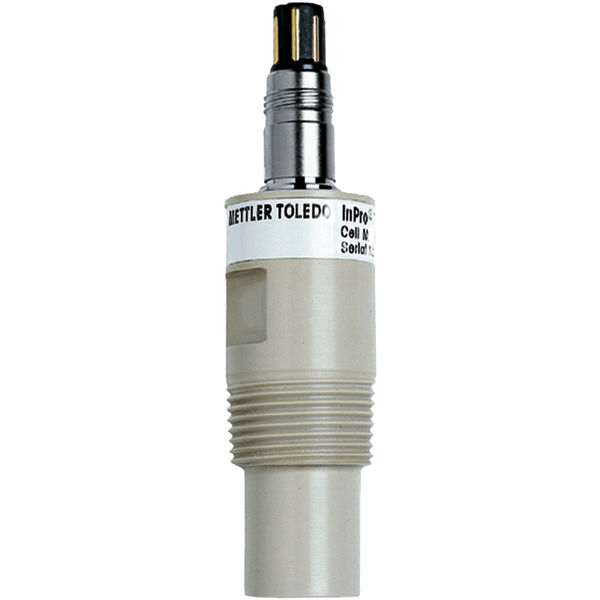
Cond Sensor InPro7108-VP-PEEK
InPro 7108-VP-PEEK sử dụng công nghệ 4 điện cực để mở rộng phạm vi đo trong các dung dịch có độ dẫn điện từ trung bình đến cao.
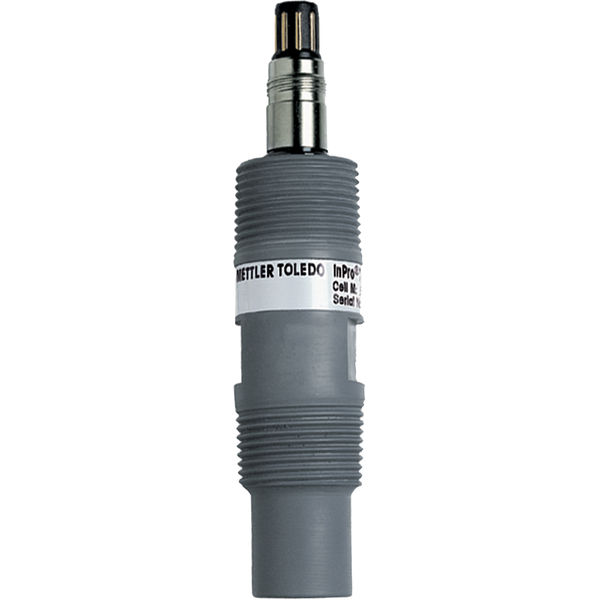
Cond Sensor InPro7108-VP/CPVC
InPro 7108-VP/CPVC sử dụng công nghệ 4 điện cực để mở rộng phạm vi đo trong các dung dịch có độ dẫn điện từ trung bình đến cao.
Unlock Service Excellence - Maximize Your Efficiency

Unlock Service Excellence - Maximize Your Efficiency
Explore our Services - Tailored to Fit your needs
Uptime. Support & Repair
Compliance. Calibration & Quality
Expertise. Training & Consulting
FAQs
What is a conductivity sensor and a conductivity probe?
A conductivity sensor, also known as a conductivity probe or an in-line conductivity electrode, is an analytical instrument that measures the ability of a solution to conduct an electrical current. It is the presence of ions in a solution that allow the solution to be conductive: the greater the concentration of ions, the greater the conductivity. In some applications the purity measurement is made as resistivity (the reciprocal of conductivity).
How many types of conductivity sensors and conductivity probes are there?
There are three technology types of METTLER TOLEDO conductivity sensors and conductivity probes used for process conductivity measurement:
- 2-electrode conductivity sensor
- 4-electrode conductivity sensor
- Inductive conductivity sensor
How do you calibrate a conductivity sensor and a conductivity probe?
A METTLER TOLEDO conductivity sensor and conductivity probe can be calibrated against a solution of known conductivity (much like calibrating a pH sensor against a solution of a known pH). Alternatively, an in-line conductivity probe that contains a range of very precise resistors that duplicate known conductivity measurements can be used.
When do you need to perform a conductivity sensor calibration or verification?
In general, the cell constant of the in-line conductivity electrode will not change; however, if the sensing elements are altered in some way (e.g. solid deposition or other fouling of the electrodes or insulator of the sensor, loss of electrode material through corrosion) the cell constant will change. METTLER TOLEDO conductivity sensors are factory calibrated and the cell constant is precisely determined. Therefore, calibration is typically not required while using the in-line conductivity sensor. However, it is recommended to verify the conductivity sensor or make calibration adjustment if necessary on an annual basis. The frequency of verification or calibration is very much dependent on the applications or on the plant standard operating procedure requirements.
